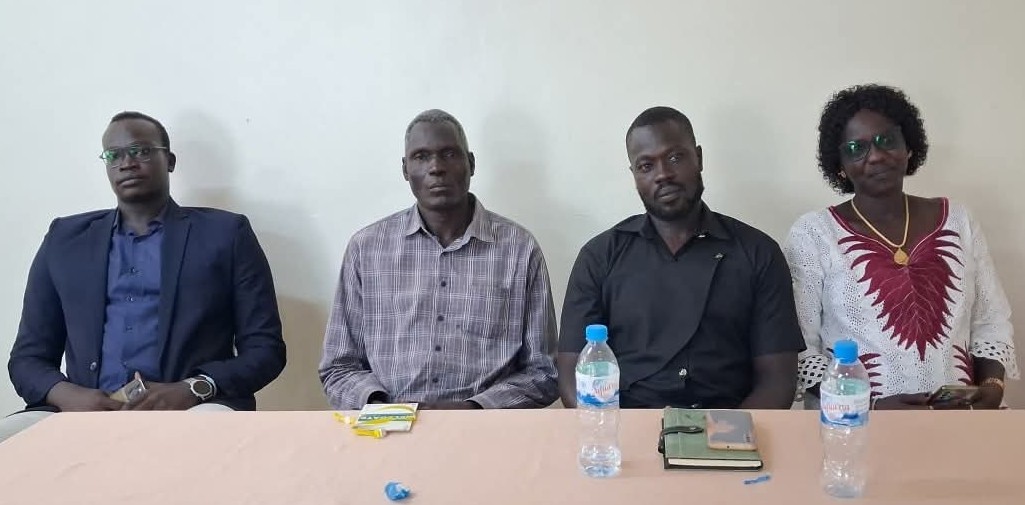
In South Sudan, where leadership roles have long been dominated by men, a new generation of women is rising and they are doing it through sports.
Among them are Jackline Santino and Sarah Kiko, whose election to key positions in the Central Equatoria State Basketball Association (CESBA) marks a powerful shift in gender representation and leadership.
Their presence on the executive team, Jackline as Secretary for Finance and Sarah as Women’s Representative is more than a personnel change; it’s a statement of intent.
It signals that women are no longer content to watch from the sidelines. They are stepping into leadership spaces, influencing decisions, and reshaping the narrative around what women can achieve not just in sports, but in society at large.
“Sports unite people beyond tribes, politics, or gender,” said Sarah Kiko, reflecting on her new role. “When women participate, they bring values of peace, empathy, and resilience that strengthen teams and communities alike.”
Sarah’s words capture the heart of a growing movement: women using sports as a tool to bridge divides, build unity, and foster peace.
At a time when South Sudan is preparing for national elections and striving to consolidate peace, their leadership carries deeper political and social weight.
Historically, leadership in sports much like in politics has been a male-dominated arena. Yet, the election of Jackline and Sarah shows how women are challenging that legacy.
They are not just managing finances or representing female athletes; they are redefining what leadership looks like in a changing South Sudan.
Their involvement demonstrates that leadership is not confined to parliamentary halls or government offices.
It can begin in a sports association boardroom, a basketball court, or any space where people work together toward a shared goal. And in a country still recovering from conflict and division, such leadership is vital.
By promoting peace and inclusion through sports, women like Jackline and Sarah are proving that their contributions go far beyond the scoreboard.
They are setting examples for young girls who dream of leading, while showing communities that women’s leadership strengthens institutions and fosters collaboration.
As South Sudan continues its journey toward peace and democratic governance, the rise of women in sports leadership sends a powerful message: peacebuilding and nation-building are most effective when women are part of the decision-making process.
The leadership of Jackline and Sarah symbolizes a broader transformation one where sports are not just games, but platforms for social change.
Their work demonstrates that inclusion, empathy, and resilience qualities women often bring to leadership — are essential ingredients for building unity in a post-conflict society.
“When women play, lead, and decide, peace wins,” one participant remarked during CESBA’s General Assembly a sentiment that reflects the spirit of South Sudan’s next chapter.
From the basketball court to the broader political landscape, women are no longer waiting to be invited into leadership. They are creating space for themselves and, in doing so, they are helping build a more peaceful, inclusive, and hopeful future for South Sudan.

